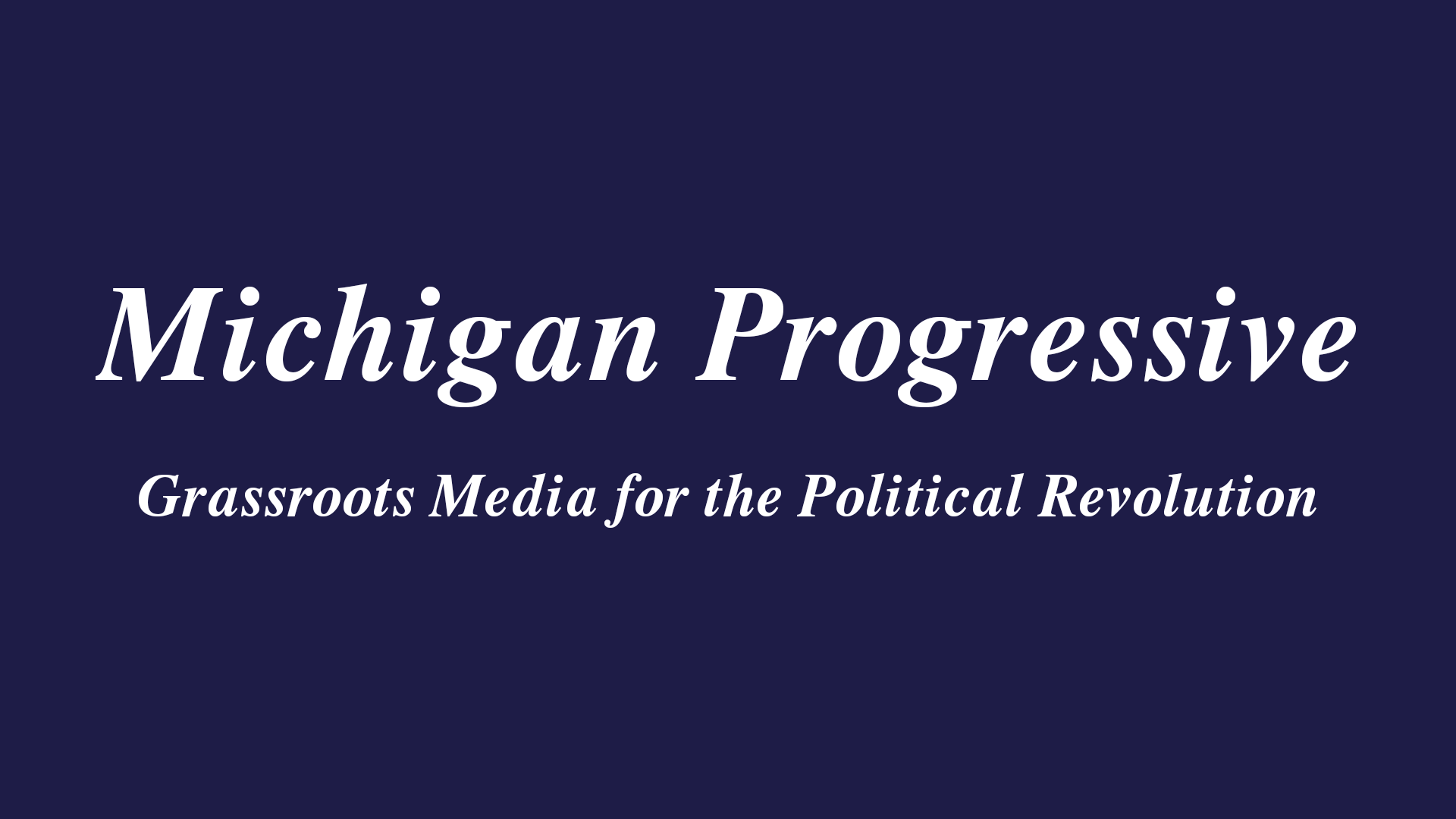On December 15th, thousands of Michiganders may lose access to lifesaving medicine. Provisions of the MMFLA (Medical Marihuana Facilities Licensing Act) due to go into effect on that date would effectively shut down the medical marihuana industry in Michigan for six months, and put thousands of Michiganders at terrible risk. Fortunately, Michigan Representative Yousef Rabhi (D-Ann Arbor) is introducing legislation to address this critical dilemma. Introduced Thursday, September 14th, Rep. Rahbi’s bill would allow all currently operating Cannabis facilities to remain open for one year, while they apply for a state license, so long as they pay the required fees. This would ensure an uninterrupted supply of medicine statewide. We must urge our representatives to co-sponsor this compassionate bill.
Where We Are and How We Got Here
In 2008 63{01455888e2f0b7d04668e5856c70a88946582713670d769b7c021b89f026e8f9} of Michiganders voted to legalize Cannabis for medicinal use. The MMMA (Michigan Medical Marihuana Act) established a system of Patients and Caregivers. Many practical details including distribution were not included in the original law. This left people who were unable to grow for themselves or who did not know any competent caregivers, without a reliable source for safe medication.
In reaction to demand, dispensaries began popping up across the state. With no legal framework, these stores tried their best to accommodate the patients they served. Municipal response varied wildly from city to city. The majority of municipalities chose to raid and shut-down shops and fine or imprison the proprietors. A few cities, however, saw the public need being served and allowed the storefronts to remain open.
Patients who lived in areas lacking dispensaries began traveling to cities such as Flint, Detroit, Ann Arbor and Lansing to procure their medicine. The steady influx of patients caused the number of dispensaries to grow and as a result, the concentrated markets became more and more competitive.
Patients benefited from this competition in many ways. Prices dropped while quality and variety improved. Product testing facilities were now viable businesses and provided a means to ensure safe, mold and pesticide-free, medicine. Although testing was not legally required, stores chose to test their product voluntarily, and this became a market standard. Shop owners could afford to carry more diverse inventories and CBD (Cannabidiol) products became readily available. Dispensaries continued to function without any official licensing or regulation for eight years.
What’s Next and Why We Need This Bill
On Sep 21st, 2016 the state legislature and Governor enacted three bills to regulate the storefronts and other Cannabis businesses in what became known as the MMFLA (Medical Marihuana Facilities Licensing Act). The new law established a framework concerning the commercial production, processing, transportation, testing and distribution of medical Cannabis. While not perfect, this new legislation would clarify many of the grey areas that the MMMA failed to define. The MMFLA established a governor-appointed board to implement and administer the act.
When planning the transition from non-licensed to licensed shops, the board was faced with an important choice. Should the existing dispensaries, who arguably operated in defiance of the law, be allowed to obtain a license? Multiple meetings were held and hours of public comment were heard. People from all over Michigan traveled to give their testimony, which overwhelmingly was in the form of a plea to ensure patients’ safe access by allowing the dispensaries to stay open. During their deliberations, the board received a letter from the Epilepsy Foundation of Michigan detailing the fatal ramifications that would inevitably occur if the supply of anti-seizure medication were interrupted.
Despite a clear consensus that Michiganders wanted the dispensaries to remain open the board decided that they would deny licenses to all applicants who remain open past December 15, 2017.
The MMFLA requires a “seed to sale” tracking system. Along with ensuring logistical transparency for tax purposes, the system prevents the sale of Cannabis that was not produced with a license. However, the law does not provide a transition period between the existing system and the new system.
A simple timeline illustrates the problem. Currently, there are no licensed grow facilities. Even if the Board began accepting applications on January 1st, they would still need time to review and approve applicants. 30 days is an optimistic estimate on this process. Once licensed, the grower facilities will need to be built, requiring at least another 30 days. Seeds will then be planted and will need between three and six months to mature. Once mature the crop will need to be harvested, dried and cured. Finally, the product can be tested and packaged and transported to the Licensed Provisioning Centers for sale.
Even if the board licenses provisioning centers immediately, the new stores will not have any inventory for at least six months. The resulting lapse of supply will be catastrophic to thousands of people. We must not let this happen. Please, call all of your representatives today and urge them to co-sponsor this amendment so that patients have no lapse of safe access to their medicine.
Stephen Monti
Temporary Executive Board Member, MDP Cannabis Caucus
Go to http://house.michigan.gov to find your state representative.

